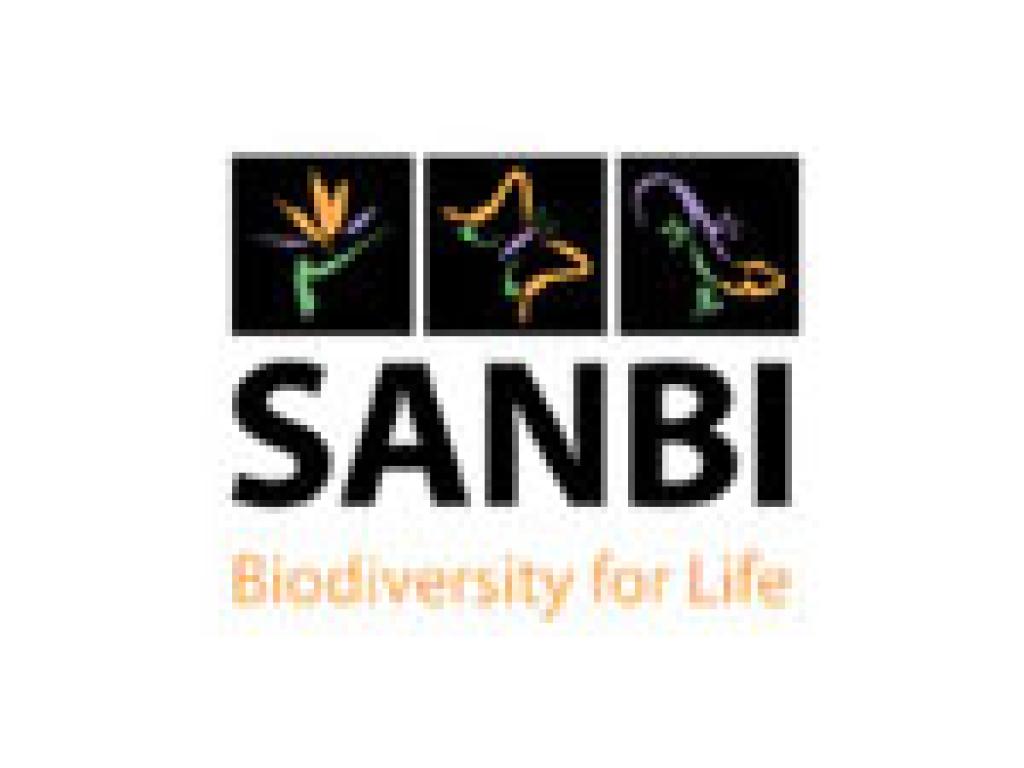Biodiversity Information Management Forum and Foundational Biodiversity Information Programme Forum hosted by SANBI at Kirstenbosch Gardens 10-12 May

The joint Biodiversity Information Management Forum (BIMF) and Foundational Biodiversity Information Programme (FBIP) Forum was hosted by SANBI at Kirstenbosch Gardens from 10-12 May. The focus of the joint forum was to harmonise biodiversity information sharing across institutions (academic and otherwise) and to establish a comprehensive understanding of institutional requirements, priorities and capacity with regard to biodiversity data. Among the themes highlighted throughout the conference was that of communication and collaboration between the government and biodiversity information networks, in order to address the information gaps that prevent timeous and adequate conservation of South Africa’s rich biodiversity.
The delegates were addressed by members of various institutions, including the CEO of the Department of Science and Technology (DST) Dr Yonah Seleti, Mr Kiruben Naicker from the Department of Environmental Affairs (DEA), and Dr Luthando Dziba from the Intergovernmental Platform on Biodiversity and Ecosystem Services (IPBES), to name a few. Representatives from a number of other biodiversity information networks and platforms such as GBIF, IBOL, BHL, iSpot, CREW and LepSoc also addressed the audience, clearly illustrating the link between the scientific and evidence requirements for decision-making by governmental organisations, and the data being generated by biodiversity information networks. The talks highlighted, most notably, the importance and value of functional databases and information sharing.
Further talks by post-graduate students illustrated a number of ways in which biodiversity informatics can be used to perform comprehensive field research and surveys. Some examples included using BRAHMS (a plant data management system) to digitise and make available online the specimens at the Bews Herbarium at UKZN, and using advanced DNA barcoding techniques to answer questions about the phylogenetic diversity of kingklip on South Africa’s coasts. Overall, the forum was widely successful in engaging and connecting researchers and decision-makers, establishing a common understanding of institutional needs relating to biodiversity data, and creating a space for sharing information, developments and opportunities.
Article written by Hana Petersen, Masters student at the Plant Conservation Unit.
